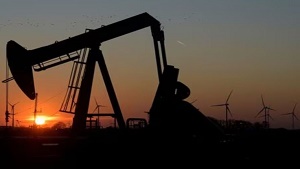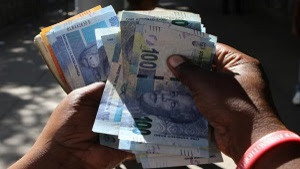The petition calls on the court to interpret state obligations under the African Charter in the context of the growing climate crisis.
This is the first time African civil society is making use of the court’s advisory jurisdiction to address climate-related human rights concerns. The initiative, spearheaded by the Pan African Lawyers Union, includes submissions from legal and activist coalitions across the continent.
Environmental lawyer Nomasango Masiye-Moyo, from the Collective for Africa, told Channel Africa on Tuesday that the petition seeks moral and legal guidance rather than binding litigation.
“It’s not party-against-party litigation,” she explained.
“We’re asking the court to clarify what states must do to protect vulnerable groups in Africa from the consequences of climate change.”
Africa, which contributes less than 4% of global emissions, faces disproportionate impacts, ranging from severe droughts to food insecurity and flooding. Masiye-Moyo noted that the petition was inspired by Activist and Lawyer Alfred Garner, who led efforts to unite African legal minds on this issue.
Though the court’s advisory opinions are not legally binding, they are highly influential and can guide national laws and policies.
“A lawyer in Namibia, South Africa, or Ghana could point to the court’s opinion as a legal basis to push for stronger environmental protections,” said Masiye-Moyo.
The petition is grounded in key rights enshrined in the African Charter, including the rights to life, dignity, food security, and environmental protection. If accepted, the court will invite submissions from states, civil society, and experts before issuing its opinion—likely within one to two years.
Masiye-Moyo encouraged public participation in the process, “This is a critical opportunity for those concerned about youth, Indigenous communities, and future generations to shape how African law responds to the climate crisis.”
--ChannelAfrica--












